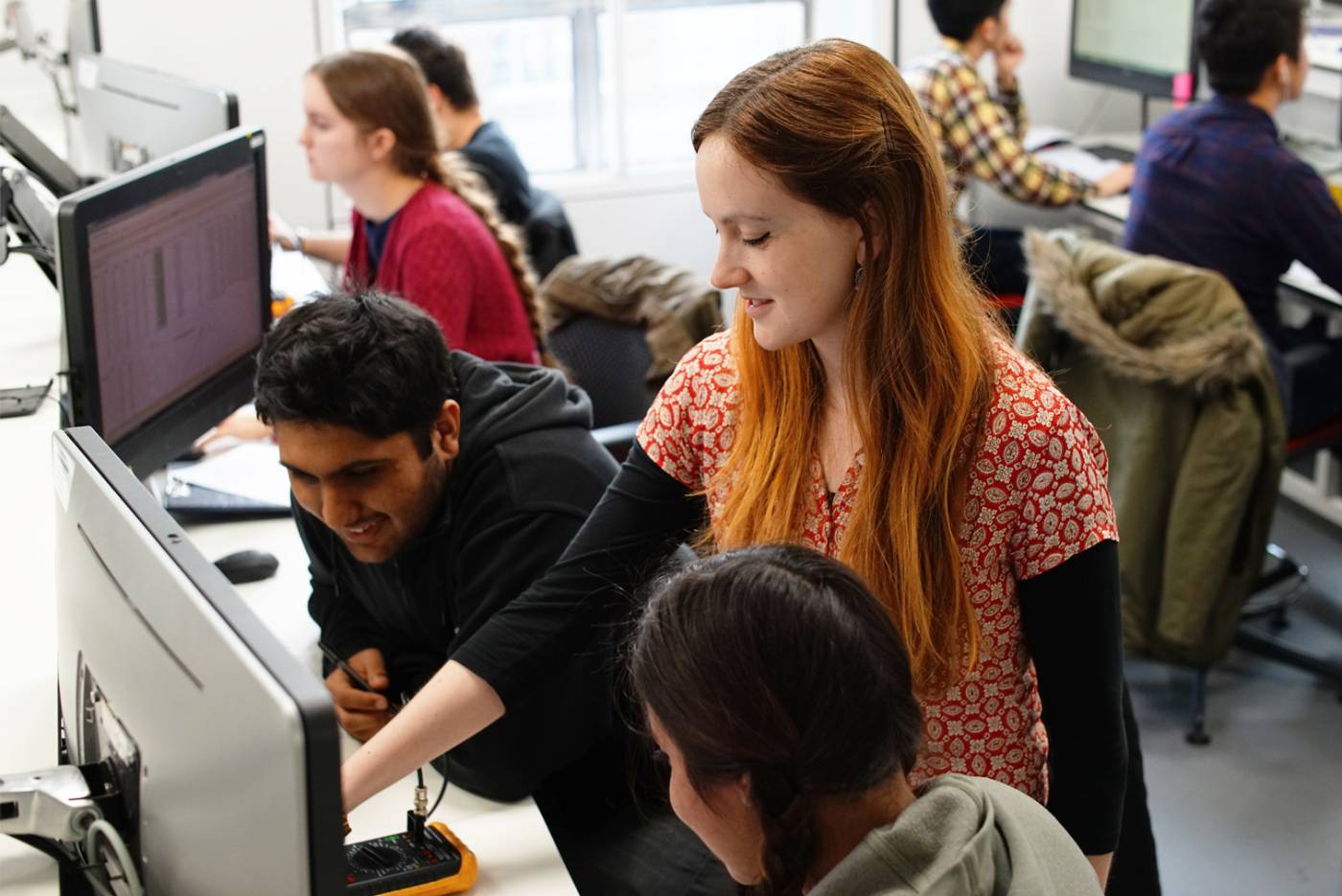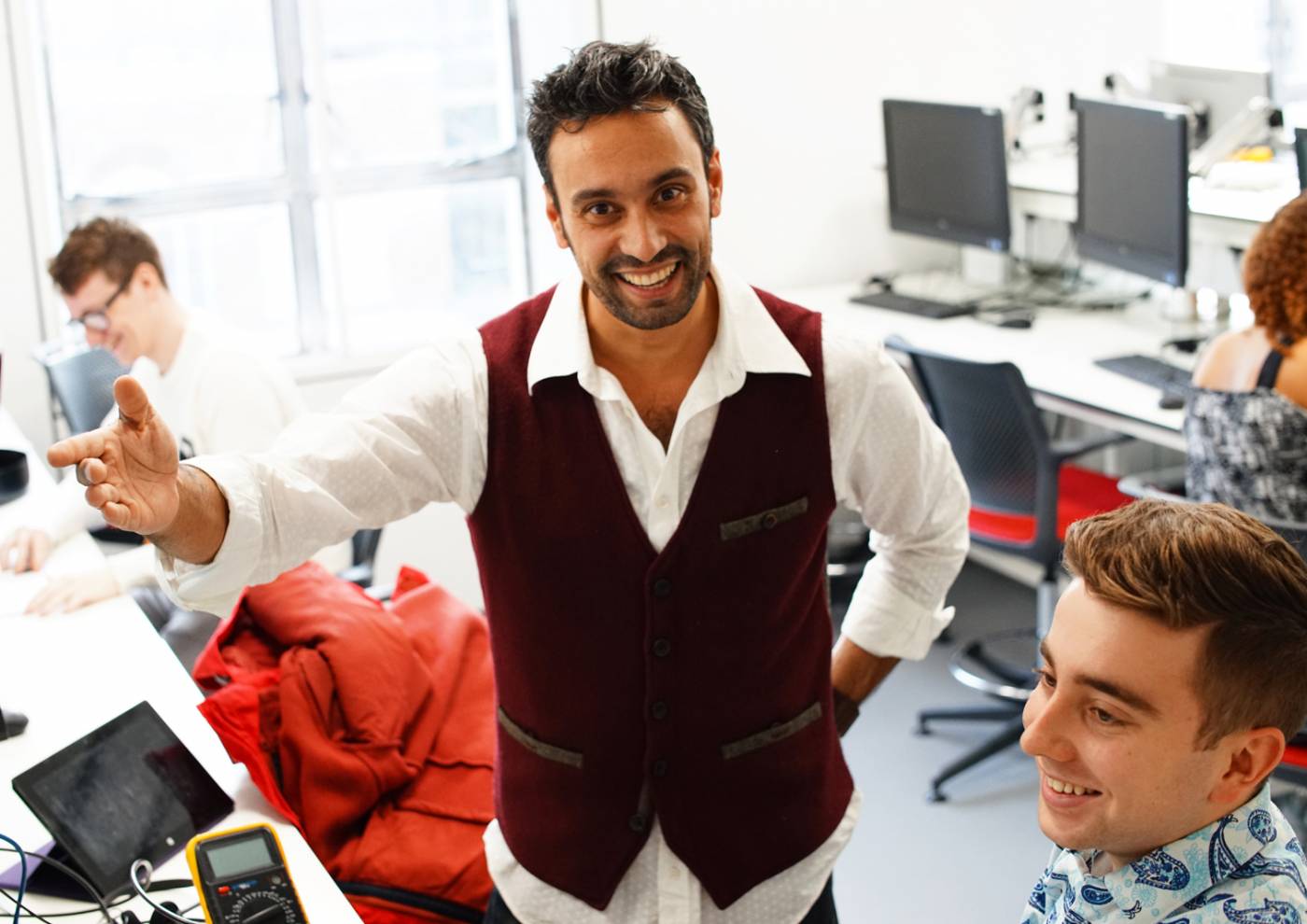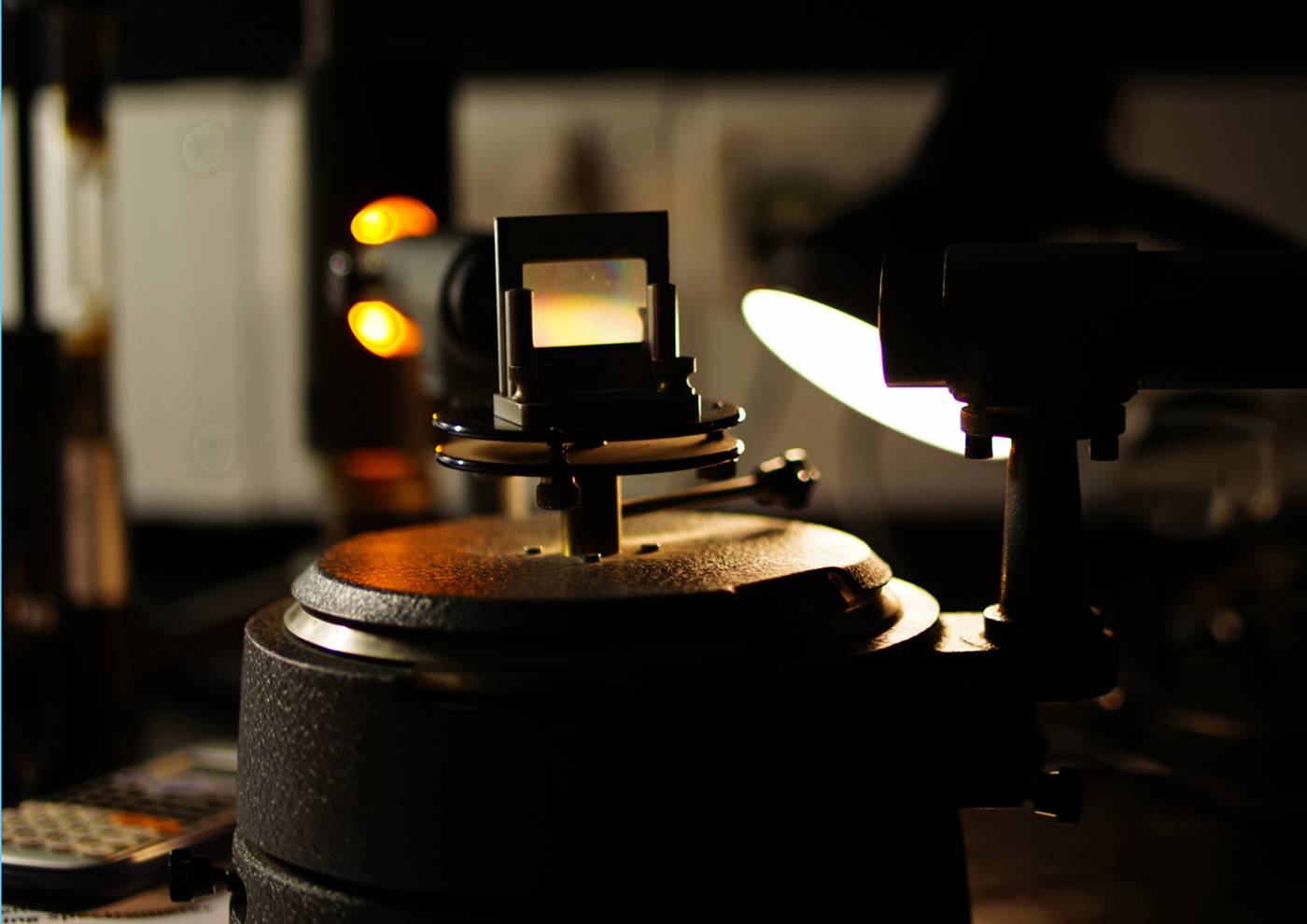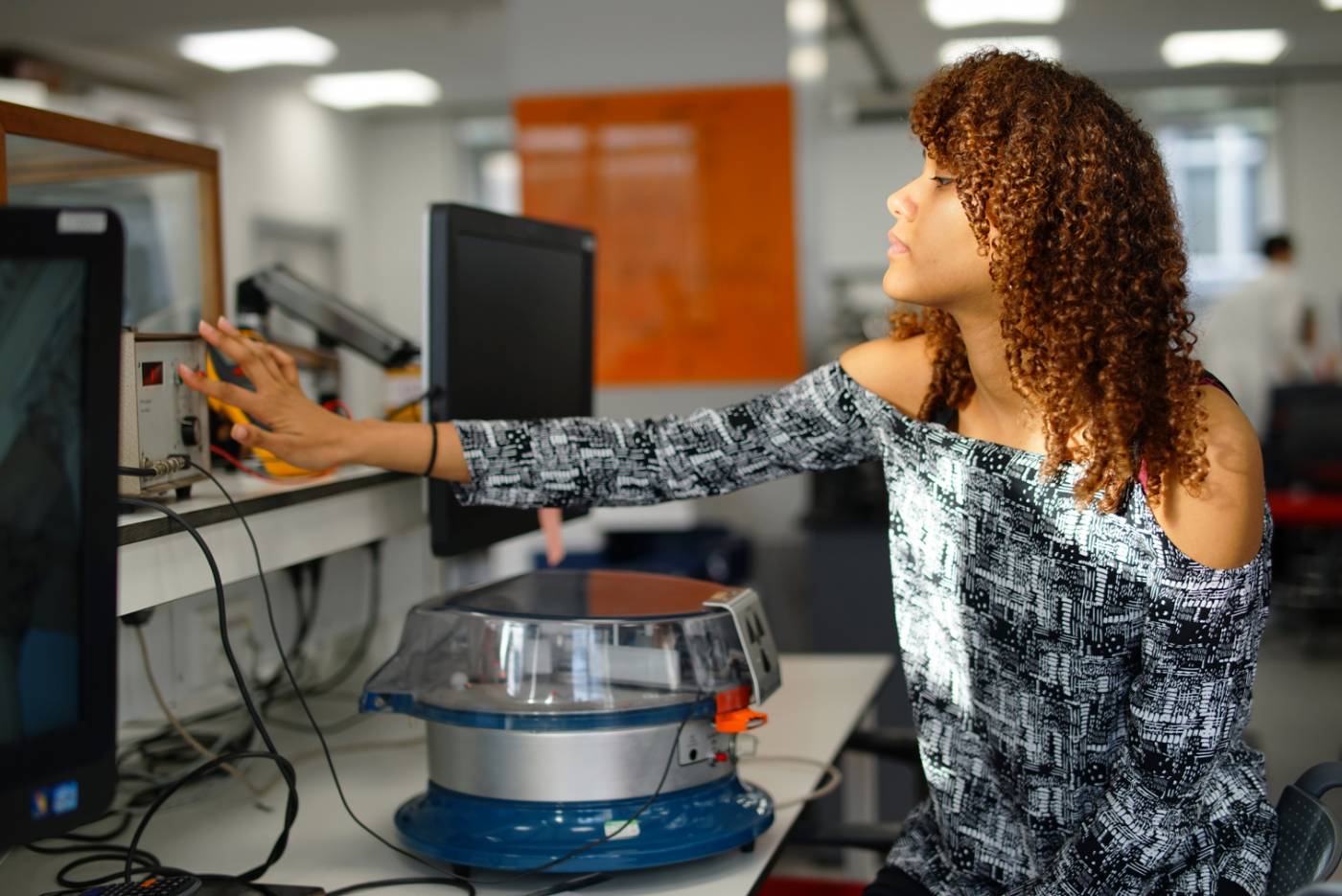UCL has a proud tradition of laboratory teaching, having pioneered the teaching of experimental physics in the 1860s under Professor George Carey Foster. Undergraduates follow practical courses in years 1, 2 and 3, with each year having its own laboratory in the Physics Building.
Lab 1 – First Year Teaching Laboratory
Lab 1 is one of our three purpose-built teaching laboratories, all of which were refurbished in 2012-13. We run two main courses: PHAS1240 (autumn term – taken by all physics students) and PHAS1241 (spring term – taken by those not undertaking a Theoretical Physics, Astrophysics or Medical Physics programme). The laboratory is also used by UCL Undergraduate Preparatory Certificate students, Natural Sciences students, combined Arts and Sciences (BASc) degree students, A-level students and for physics outreach.
Students can perform a number of experiments and skill-of-hand exercises, which are designed to introduce them to laboratory practice and laboratory record-keeping. Initially these activities involve following a script, supplemented by in-lab briefings and on-line tutorials. The level of prescription and direction is gradually reduced as the students progress through the year, allowing them to improvise and take greater control over the experiments. This process continues in the 2nd and 3rd years, and helps prepare students for a research environment.
Assistance is provided at the workbench by a team of demonstrators, under the direction of the course director, Dr Paul Bartlett. Students work in pairs, with each demonstrator supervising about 16 students. Demonstrators work only part-time in the lab and usually have other responsibilities in the Physics & Astronomy Department, whether as lecturers, teaching assistants, postgraduate students or postgraduate researchers. There is an informal atmosphere, and the students have regular “one-to- one” sessions with their demonstrator.
Assessment takes various forms, including an end-of-term Data Retrieval Test (designed to test laboratory record-keeping) and a formal report, in which students write up one of their experiments in the form of a short scientific paper. There are also on-line tests and direct assessment of students by demonstrators in the lab. Demonstrators provide regular formative feedback on students’ work, and help prepare them for the formal report.
 Close
Close





